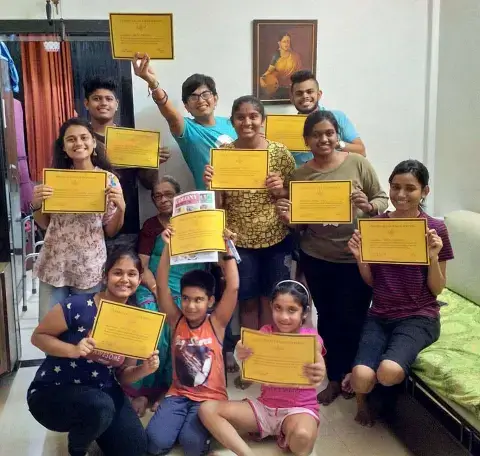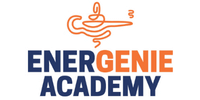STUDENT MENTORING
Industry mentors
for your child
We believe the right guidance at the right time by the right people can help children, pre-teens and teens cope with the energy loss, stress, career, and relationship issues they face. Thus, we offer a variety of programmes to enhance their all-round capabilities. Our two main programmes are:
Personal Energy Management workshops and The Journo Journey
Our Mentoring Programmes
PERSONAL ENERGY MANAGEMENT
Struggling to answer your child's queries regarding spirituality, God, tradition, and customs? This set of workshops will help immensely.
THE JOURNO JOURNEY
Introduce your child to the A to Z of publishing in this unique 1-month programme!
PERSONAL ENERGY MANAGEMENT WORKSHOPS






PEM MASTERCLASS
Understanding energy is crucial for students to manage stress and stay focused. Techniques like breath awareness and managing vibes help maintain energy levels. Learning about chakras and aura aids mental clarity. Aligning with natural rhythms optimizes learning. These principles also foster healthy relationships and attract opportunities for growth.
PEM FOR EXAM MASTERY
Equipping students with the skills to align their frequency with academic subjects, adequately prepare their bodies for exams, utilise creative visualisation to dissolve energy blocks, and employ breathwork to heal challenging situations is essential, especially for those navigating the demands of board exams. .
ANCIENT WISDOM
Youngsters inquire about the rationale behind customs and traditions but often encounter explanations rooted in belief rather than science. By exploring the scientific basis behind spirituality and religious rituals, they can satisfy their curiosity with evidence-based understanding, thereby fostering a deeper appreciation for cultural heritage among the youth.
THE JOURNO JOURNEY PROGRAMME

Make your child a journalist!
9 skills they will learn
Once the ads are in, they need to be designed, shown to the clients and approvals taken.
Simultaneously, they will also form teams to hunt for advertisements and sponsorships. This will pay for the cost of the newspaper.
Based on the stories, they will form teams to click pictures of people, events, unseen areas of the society to make it a colourful newspaper.
Once the articles are received, they will be trained to edit them in newspaper style.
They will write profile stories, issue-based stories, interviews, debates, and portray achievers within the complex.
Next, they will have to interview residents, administration staff, society office bearers and other relevant sources for their news.
The participants will decide the content, hunt for stories, report on events within the complex, and learn to have a nose for news.
Now that the stories, ads and pictures are in, they will plan the finances, logistics of printing and deadlines of delivery.
"The mind is not a vessel that needs filling, but wood that needs igniting."

